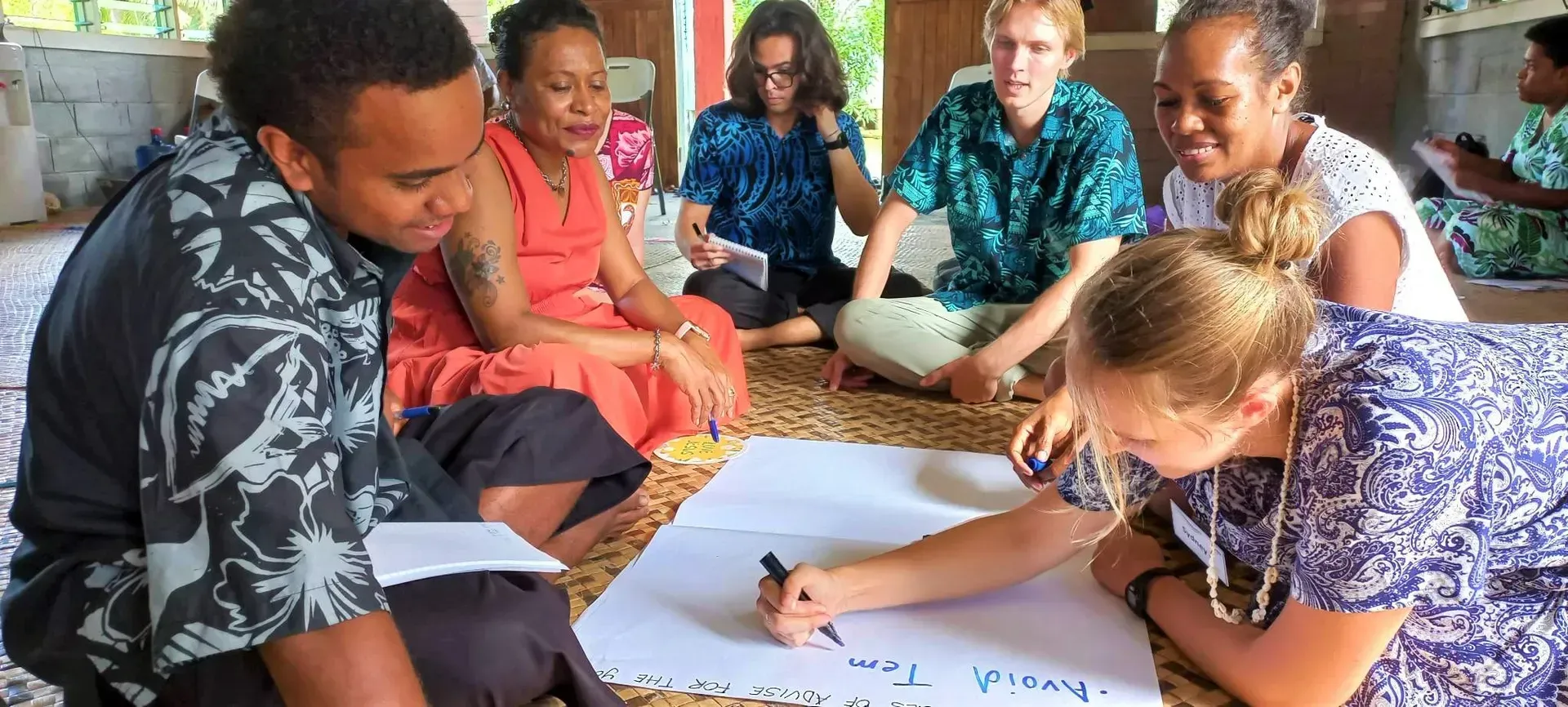How Do Volunteer Hours Work? (Tracking, Logging & Proof Explained)
TLDR;
Volunteer hours are tracked by individuals or organizations to document unpaid time given to a cause, typically for school, community service, or nonprofit impact. Hours are recorded manually or digitally, and proof can include signed logs, photos, or GPS data, depending on who needs the verification and why.
What Are Volunteer Hours? A Practical Look at the Basics

- Volunteer hours refer to time donated without compensation to support a cause, event, person, or organization.
- These can include a wide range of activities:
- Serving food at a shelter
- Cleaning up a park
- Assisting in charity events
- Offering pro bono services (e.g., legal, medical)
- Attending volunteer training or prep sessions
Who Needs to Track Volunteer Hours?
- High school and college students for graduation or scholarship requirements
- Nonprofits and charities for grant compliance and donor reports
- Court-ordered individuals fulfilling mandatory community service
- Businesses and employee volunteer programs for CSR (Corporate Social Responsibility) reporting
Before tracking hours, many new volunteers often ask
how long it takes to start volunteering. The timeline can vary depending on the organization, required training, and type of service. Understanding the process early helps volunteers log hours accurately from day one.
Paid vs Volunteer Time – Know the Legal Line
- Volunteer hours
must not replace paid labor.
- No compensation or employment obligations should be involved.
- For nonprofits, this helps maintain legal compliance with labor laws and IRS tax exemption rules.
Why Tracking Volunteer Hours Really Matters
- Quantifies impact: Shows stakeholders how much time and value volunteers provide.
- Strengthens grant applications: Funders often ask for detailed volunteer logs.
- Improves planning: Helps organizations like CleanUP USA schedule, budget, and plan events based on volunteer capacity.
- Recognizes volunteers: Tracks milestones and supports volunteer appreciation efforts.
- Ensures legal and ethical compliance: Especially important for court-ordered service and nonprofits in regulated states like Texas.
Texas-Specific Note:
- As of the latest data,
volunteer time in Texas is valued at $31.94/hour.
- Logging these hours can help nonprofits in the state like CleanUP USA
demonstrate financial equivalence of services for funding and operational analysis.
How to Track Volunteer Hours: From Pen & Paper to Apps

A. Manual Tracking
- Still widely used, especially by:
- Schools
- Small nonprofits
- Local community projects
Tools include:
- Sign-in sheets
- Paper timecards
- Supervisor initials
Required details:
- Volunteer name
- Date and time
- Type of task
- Supervisor’s signature
Pros:
- Simple
- No tech required
Cons:
- Easy to misplace or falsify
- Hard to analyze data
B. Spreadsheet & Google Form Tracking
- Popular with budget-conscious organizations
- Combines accessibility with some automation
Examples:
- Google Sheets paired with Forms
- Excel tracking templates
Pros:
- Organized
- Easily shared or duplicated
- Quick summaries via formulas
Cons:
- Manual data entry
- No built-in proof or verification
C. Volunteer Hour Tracking Software
Best for:
- Medium to large nonprofits
- Schools with high service volume
- Companies like
CleanUP USA managing large volunteer groups
Top platforms:
- Track It Forward
- Galaxy Digital
- VolunteerHub
- Civic Champs
- Bugle Volunteers
Key features to compare:
- Mobile check-in/out
- GPS time stamping
- Photo uploads
- Dashboard and reporting
- E-signatures
- Role-specific access
D. Hybrid Logging Methods
- Combines the
reliability of digital tools with the
simplicity of manual approval
- Ideal for
court-mandated service or school credits
Includes:
- QR code check-ins
- Admin approval for hours after submission
- GPS pins or geotagged photos
- Time clock apps with human verification
How to Log Volunteer Hours Step-by-Step

- Decide why you’re tracking – School? Court? Grant? Each has different requirements.
- Choose a method – Manual, spreadsheet, app, or hybrid.
- Create log fields:
- Name
- Contact info
- Date
- Start/end time
- Total hours
- Activity description
- Supervisor name and signature
- Record regularly – Don’t rely on memory.
- Collect proof – Photos, signatures, app logs.
- Get approval – Supervisor or admin should review and validate logs.
- Generate reports – Use the data for college apps, compliance, or funder reviews.
Proving Volunteer Hours: What Counts and What Doesn’t

Accepted Proof Methods:
- Signed paper logs
- Screenshots from apps
- Supervisor reference letters
- Photos with timestamps
- Geotagged check-ins
- Email confirmations from event organizers
Not Recommended:
- Unverified personal logs
- Text messages without context
- Social media posts (unless they show location + timestamp + activity)
For Schools or Colleges:
- Use
standard verification forms
- Make sure forms include:
- Contact info for supervisor
- Description of work
- Total hours confirmed
- Signature and date
For Courts:
- Always check jurisdiction-specific requirements
- In Texas, some counties
require weekly supervisor initials
- Maintain
hard copies or court-approved digital logs
Volunteer Hour Value in Texas

- As of 2024,
Texas values volunteer hours at $31.94.
- This figure is used by:
- Grant funders
- IRS for in-kind donations
- Budget projections
- Nonprofits like CleanUP USA can calculate total value by multiplying hours logged by the state rate.
Why it matters:
- Strengthens annual reports
- Justifies budget savings
- Demonstrates community impact to donors
Boosting Volunteer Engagement and Retention

Common Challenges and How to Fix Them
1. Missed or forgotten logs
- Use mobile reminders or calendar notifications
2. Falsified hours
- Require supervisor sign-offs
- Add location verification or timestamp photos
3. Inconsistent data
- Use standardized forms or apps
4. Privacy concerns
- Clearly state what data will be collected
- Choose tools compliant with data laws like GDPR
FAQs: Volunteer Hours Explained
What qualifies as a volunteer hour?
Any unpaid, service-oriented time given to a nonprofit, public institution, or community project.
Do I need proof of volunteer hours?
Yes, especially for schools, grants, or courts. Proof may include signatures, photos, or app logs.
How do I include volunteer hours on my resume?
Create a separate section called “Community Involvement” and list organization, role, and total hours served.
Are volunteer hours tax-deductible?
No, your time isn't deductible, but related expenses (like mileage) may be. Check with a tax professional.
Support CleanUP SCAN ME











